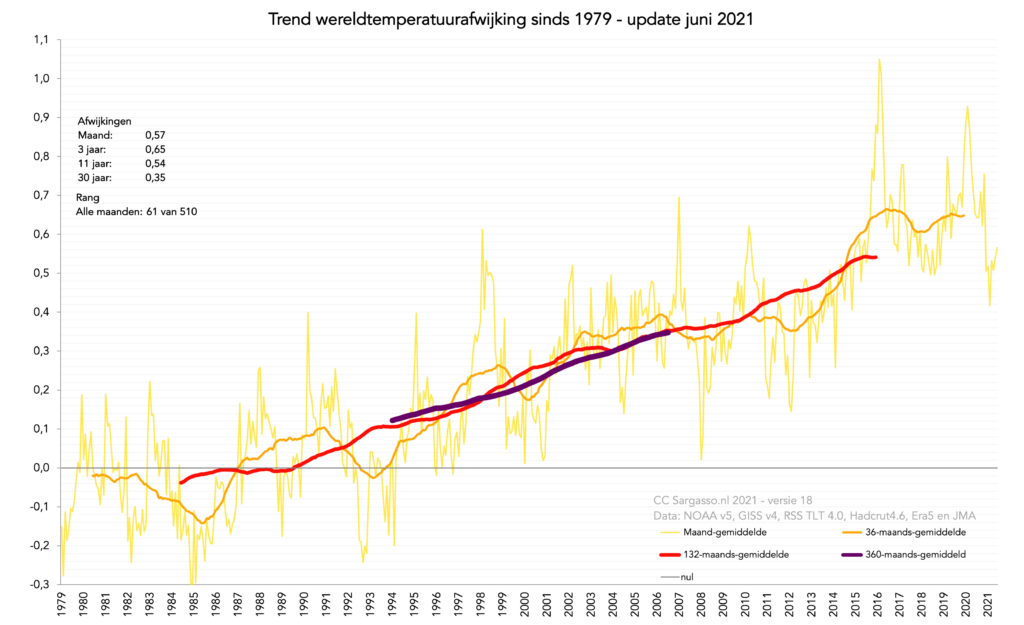ANALYSE - Natuurrampen zijn big business in Australië. Paul Frijters biedt een aantal economische perspectieven.
I remember the great bushfire in Canberra of 2003. I had only arrived with the family a week before and had just rented a nice house near the top of Mt Cook, right in the path of an enormous bushfire that ended up destroying hundreds of homes.
The heat of that day was immense: 40 degrees and strong winds. Activity was similarly frantic. Warnings on the radio of how the seemingly impossible was truly happening: fires that broke all containment lines were converging on the capital. Barbecues got cancelled as everyone returned home to prepare: people feverishly cleaning out the gutters of their house to remove anything that would easily combust; people filling up their bathtubs to be able to quickly immerse themselves if needed; the ban on using hose-pipes suddenly being lifted as the importance of water conservation gave way to survival. Our neighbour, whom we never talked to before, or afterwards, was suddenly very chummy in the face of this imminent joint danger. Indeed, there was a palpable buzz about Canberra as people went through a shared emergency.
I remember standing on top of Mt Cook, seeing the fires break more containment lines on their way to our neighbourhood. In the distance, we could see huge fire-arcs of hundreds of meters, via which whole trees, full of igniting oils, were whirled into the Southern suburbs, causing immense damage to people and property. One had to be in awe of that kind of destructive force, which simply seemed too great for humans to meaningfully oppose. One suddenly felt a bit silly, holding two hosepipes in one’s hand waiting for these huge fires to come! Luckily for my neighbourhood, the wind shifted just as the fires were about to hit us, with the cooler air streaming from the opposite direction effectively ending the tragedy. For months afterwards, family back in the Netherlands and the UK would ask whether there were any houses left in Canberra and whether we had been lucky. We had been.

